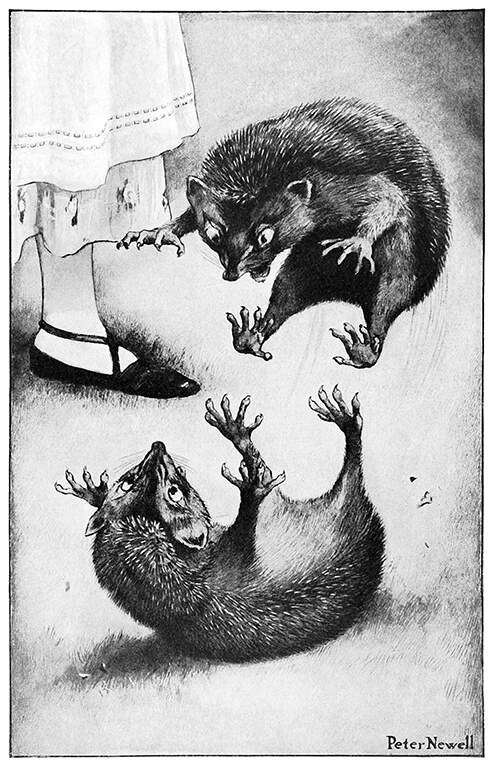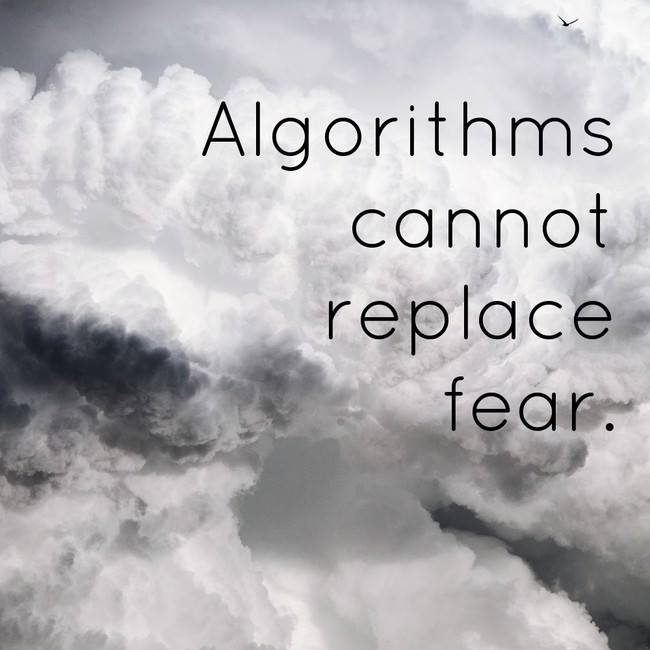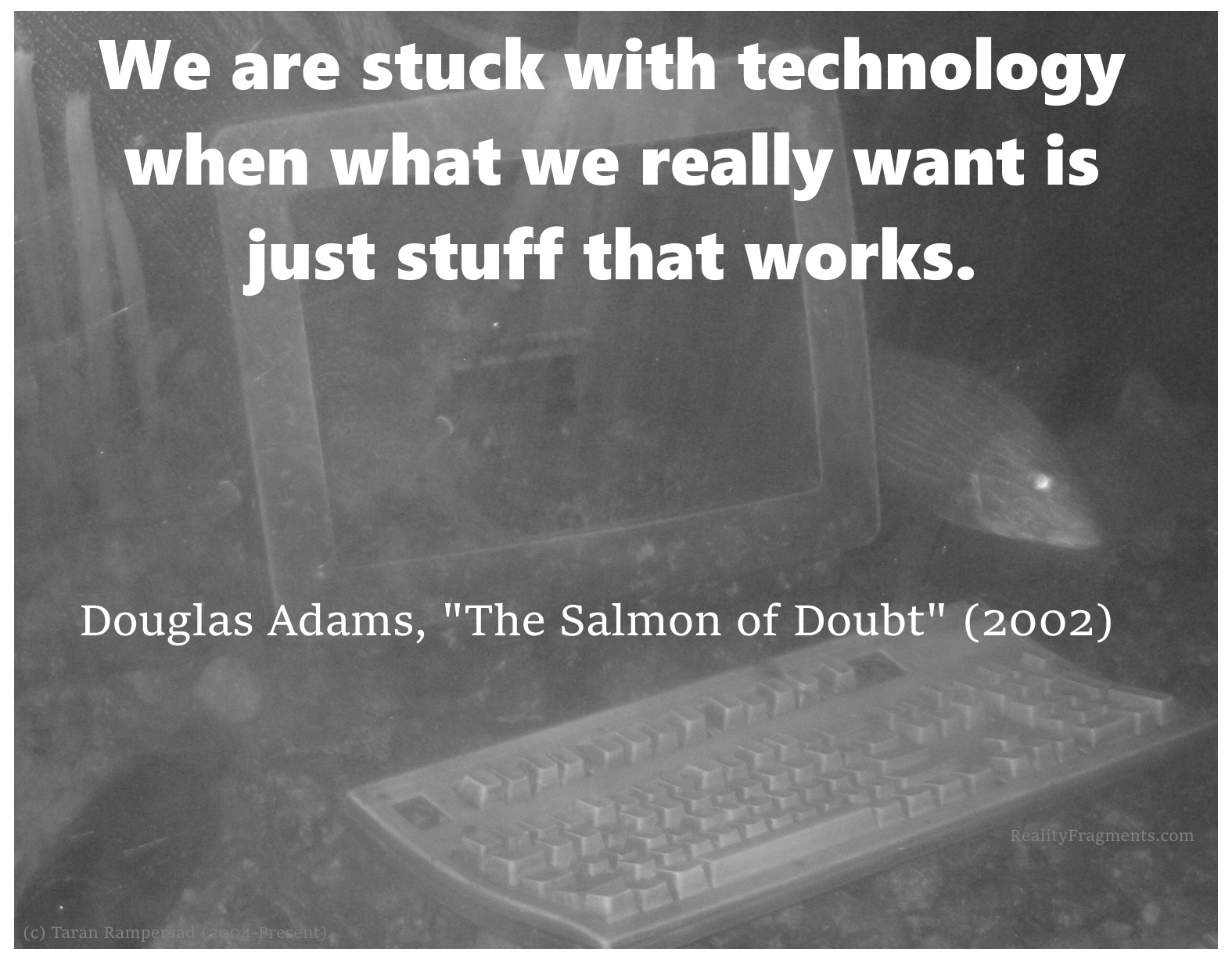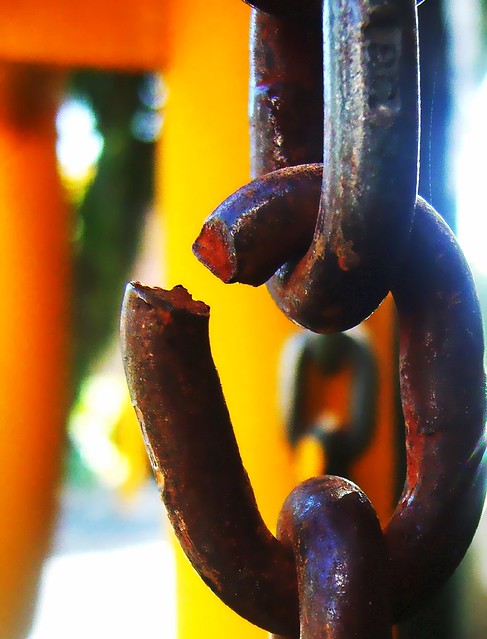 Many of we humans that litter the planet aren’t used to this concept of ‘social distancing’. It will be tough for many; for people like me it is amazingly easy as we have been doing it for some time, for varying individual reasons.
Many of we humans that litter the planet aren’t used to this concept of ‘social distancing’. It will be tough for many; for people like me it is amazingly easy as we have been doing it for some time, for varying individual reasons.
You know us. Barely.
At best, you know us as well as we want you to know us, at worst, you don’t know us well enough to allow us to associate with you. And now, here you are, at home, working from home… if you have others at home, the rest of this may not benefit you. Or maybe it will. I don’t know.
There’s this guy – Arthur Schopenhauer – he died in 1860, long before I could meet him. He wrote about the Hedgehog Dilemma:
A number of porcupines huddled together for warmth on a cold day in winter; but, as they began to prick one another with their quills, they were obliged to disperse. However the cold drove them together again, when just the same thing happened. At last, after many turns of huddling and dispersing, they discovered that they would be best off by remaining at a little distance from one another…
…By this arrangement the mutual need of warmth is only very moderately satisfied; but then people do not get pricked. A man who has some heat in himself prefers to remain outside, where he will neither prick other people nor get pricked himself.
What has happened around the world is, because of the Covid-19 Pandemic, the quills have become longer. They have become longer much more quickly. People are scared, and when people are scared in a time when pitchforks and torches aren’t easily accessible, they apparently buy toilet paper and produce and share memes, and it’s hard to argue which of the two is more pragmatic. It’s always handy to have toilet paper, and it’s always good to laugh a bit when things aren’t as nice as we would like.
I could write something about mediation here, but this sentence should suffice for people who understand what mediation means.
That being said, as people adjust to the new normal, those who live by themselves will find themselves alone. For some, this is disconcerting.
Being faced with the prospect of not having the usual suspects as distractions, new distractions will arrive. Algorithms tell social media that people want to read more and more about Covid-19, and the reality is that we do largely know what we need to know already and the constant barrage of updates will become tiresome – but the algorithms have to be taught that.
Algorithms cannot replace fear, but they most certainly enable it.
Step 1 to your new solitude is to understand that, and limit exposing yourself and the others connected to you to a bunch of stuff that will simply burn everyone out. Less social media.
But what will you do? Ahh, it is a scary world, solitude, but it is ripe for use with books, with in home projects you never quite seem to get around to – and with sleep, with music, with movies… and yourself, perhaps the scariest thing in the world for most people. No matter where you go, though, there you are, and you can do things like reflect. Exercise. Think. Perhaps write, perhaps whatever, but the void you might feel can be bearable.
We know. We not only survive, we thrive this way – but it’s alien and scary for others. Yet, over the course of the coming year, at least for some months, it will be the new norm. And it can be ok if you let it.


 Many of we humans that litter the planet aren’t used to this concept of ‘social distancing’. It will be tough for many; for people like me it is amazingly easy as we have been doing it for some time, for varying individual reasons.
Many of we humans that litter the planet aren’t used to this concept of ‘social distancing’. It will be tough for many; for people like me it is amazingly easy as we have been doing it for some time, for varying individual reasons.





